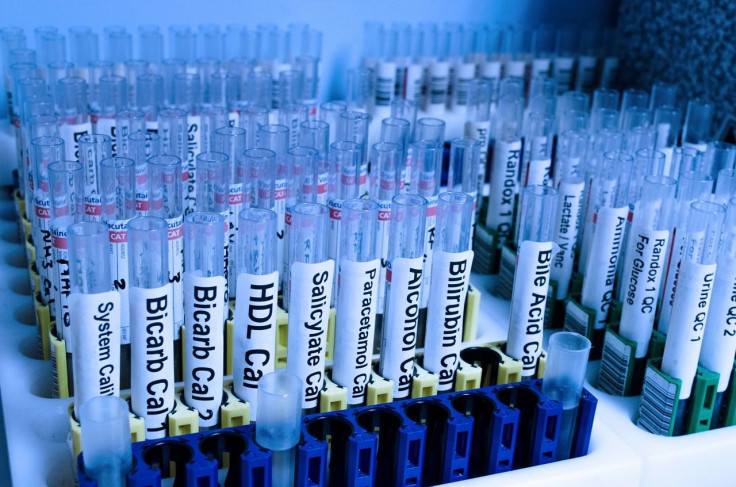New Marijuana Health Benefits For Cancer Patients Found: Less Pain, Better Sleep, Clear Mind

KEY POINTS
- Cannabis eased patients' pain levels significantly and impaired their cognition within an hour of consumption
- Patients reported manageable pain levels, better sleep quality and improved cognitive function after two weeks of sustained use
- Around 40% of all cancer patients in the U.S. use cannabis for pain management
Cancer patients who use cannabis to address their symptoms or side effects from chemotherapy experience less pain, sleep better, and can think more clearly, a recent ground-breaking study has found.
The study, published in the journal Exploration in Medicine on April 26, suggested that sustained and long-term consumption of cannabis ease patients' pain significantly while also improving their sleep quality and cognitive function.
The researchers assessed the use of cannabis bought over-the-counter at dispensaries, which offer it in the form of chocolates, gummies, tinctures, pills and baked goods, for treatment of cancer symptoms or chemotherapy side effects rather than government-issued or pharmaceutical-grade cannabis.
A groundbreaking new study, co-authored by members of @cuchange, shows that cancer patients who use cannabis to address their symptoms have less pain, sleep better, and, after weeks of sustained use, seem to think more clearly.
— CU Boulder Psychology and Neuroscience (@CUPsychandNeuro) April 28, 2023
Read more ⬇️⬇️⬇️https://t.co/1AEwBvv2uZ
Angela Bryan, the study's lead researcher who was herself a cancer patient, collaborated with oncologists Dr. Ross Camidge and Dr. Daniel Bowles at the University of Colorado Anschutz Medical Campus. They observed 25 cancer patients who used cannabis for two weeks, according to CU Boulder Today.
The group first recorded the patients' initial pain levels and sleep patterns and assessed their cognition. The researchers then asked them to purchase and use whatever edible product they preferred from a dispensary.
"This tells us that people are open to trying whatever they think might be useful, but there's just not much data out there to guide them on what works best for what," Bryan, a professor of psychology and neuroscience at University of Colorado Boulder (CU Boulder), said in a statement.
She pointed out how most studies on using medical marijuana for pain management only looked at prescription products, which tend to be less potent and lacking in variety.
The study found that within an hour of consumption, cannabis eased patients' pain significantly but also impaired their cognition and made them feel "high."
However, after two weeks of continued use at the frequency of their own choosing, patients reported improvements in their pain levels, sleep quality and cognitive function, according to the researchers.
"We thought we might see some problems with cognitive function," Bryan said. "But people actually felt like they were thinking more clearly. It was a surprise."
Although cannabis and chemotherapy have been linked to impaired cognition, the study found that as pain subsides, cognition improves.
The researchers also noted that those who used cannabidiol, or CBD, reported bigger improvements in pain intensity and sleep quality.
Although larger and more controlled studies are still needed to determine the direct effects of cannabis on a cancer patient's cognitive functions, the results of the study are intriguing enough for oncologists.
"We know oncologists and patients are concerned about the possible negative impact of cancer treatment on cognitive function, so the potential, indirect role of cannabis use on improving subjective cognitive function should be studied further," first author Gregory Giordano, a professional research assistant at CU Boulder's department of psychology and neuroscience, said.
Surveys showed that 40% of cancer patients in America use cannabis, but only a third of doctors are comfortable with prescribing it to their patients.
Bryan hopes the study would prove to be a game-changer for doctors and patients in making better-informed decisions.

© Copyright IBTimes 2024. All rights reserved.





















